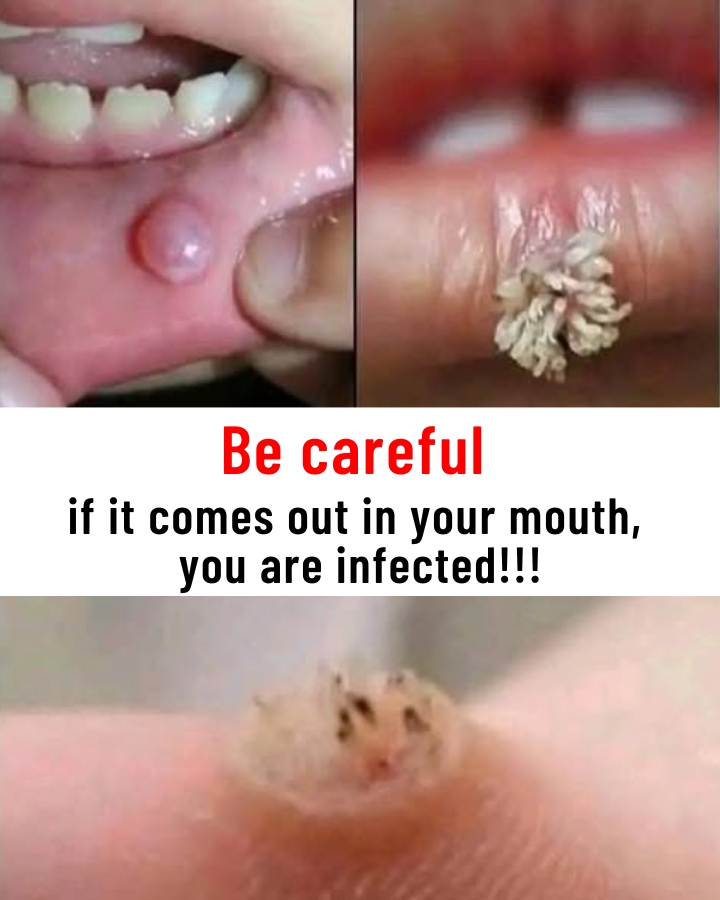
Cold sores, often referred to as fever blisters, are small, fluid-filled blisters that typically appear around the lips, mouth, or nose. They are caused mainly by the herpes simplex virus type 1 (HSV-1), although herpes simplex virus type 2 (HSV-2)—more commonly linked with genital herpes—can also cause oral cold sores, especially through oral-genital contact.
Once infected, the virus remains dormant in the body and can reactivate later, leading to recurrent outbreaks. While cold sores are common and generally harmless, they can be uncomfortable, contagious, and occasionally embarrassing. Knowing how to care for them can significantly reduce the duration and severity of outbreaks.
Causes and Transmission
• HSV-1 is typically transmitted through direct contact with an infected person’s skin or bodily fluids—like kissing or sharing personal items (lip balm, utensils, towels).
• HSV-2 may cause oral sores when transmitted during oral-genital contact.
• Once the virus enters the body, it resides in the nerve cells and can remain dormant for long periods.
Symptoms of Cold Sores
Cold sores usually progress through five distinct stages:
• Tingling/Burning: A tingling or itching sensation around the mouth, often the first sign.
• Blistering: Clusters of small fluid-filled blisters appear.
• Weeping: Blisters burst and ooze clear fluid.
• Crusting: A yellowish-brown scab forms over the sore.
• Healing: The scab falls off, often without scarring.
Common Triggers for Reactivation
• Stress or fatigue
• Illness or fever (hence the name “fever blisters”)
• Hormonal changes (e.g., menstruation)
• Sun exposure or cold weather
• Dental work or lip trauma
• Weakened immune system
Step-by-Step Cold Sore Care and Treatment
Though there’s no cure for HSV, cold sore outbreaks can be managed effectively with proper care. Here’s a step-by-step guide:
Step 1: Recognize the Early Warning Signs
Pay attention to tingling, burning, or itching sensations around your lips or nose—this is the best time to begin treatment.
Step 2: Start Antiviral Medication (If Prescribed)
• If you’re prone to outbreaks, your doctor might prescribe oral antiviral medications like:
• Acyclovir
• Valacyclovir
• Famciclovir
Start taking the medication at the first sign of symptoms to reduce the outbreak’s duration and severity.
Step 3: Apply Topical Treatments
• Over-the-counter creams such as docosanol (Abreva) or prescription antiviral ointments can help if used early.
• Gently dab the ointment on the affected area with a clean finger or cotton swab, avoiding contamination.
Step 4: Soothe the Discomfort
• Use cold compresses to reduce swelling and pain.
• Apply petroleum jelly or lip balm to keep the area moist and prevent cracking.
• Avoid acidic or spicy foods that might irritate the sore.
Step 5: Keep the Area Clean and Avoid Spreading the Virus
• Wash hands frequently, especially after touching your face or applying creams.
• Avoid kissing, oral contact, or sharing items (lipstick, razors, drinks).
• Be cautious when touching your eyes—HSV can cause serious eye infections (herpes keratitis).
Step 6: Let It Heal Naturally
• Don’t pick at or peel the scab. This can delay healing and increase the risk of scarring or infection.
• The sore will usually heal on its own in 7 to 10 days.
Prevention Tips
• Use sunscreen or lip balm with SPF on your lips to prevent sun-induced outbreaks.
• Manage stress with relaxation techniques like meditation or exercise.
• Strengthen your immune system with a healthy diet, adequate sleep, and regular activity.
• Avoid close contact with infected individuals during active outbreaks.
When to See a Doctor
• Frequent or unusually severe outbreaks
• Sores that don’t heal within two weeks
• Signs of infection (pus, extreme redness, swelling)
• Eye discomfort or vision issues
Final Thoughts
Cold sores may be a common viral nuisance, but with the right care and awareness, you can manage them effectively and reduce the risk of frequent recurrences. By recognizing the early symptoms and responding with timely antiviral treatment and gentle self-care, you can keep outbreaks short, contained, and less painful.
Remember: while cold sores are not curable, you are in control of how they affect your life.